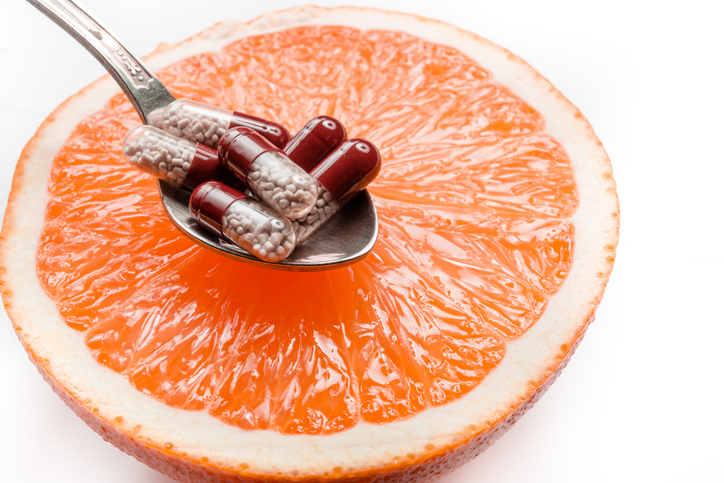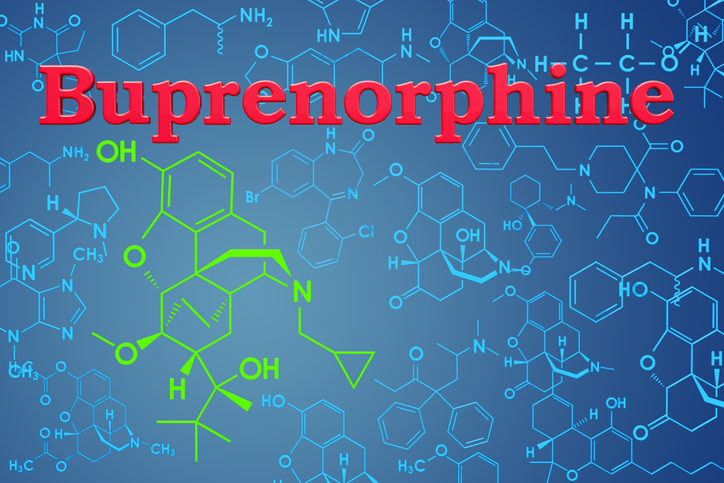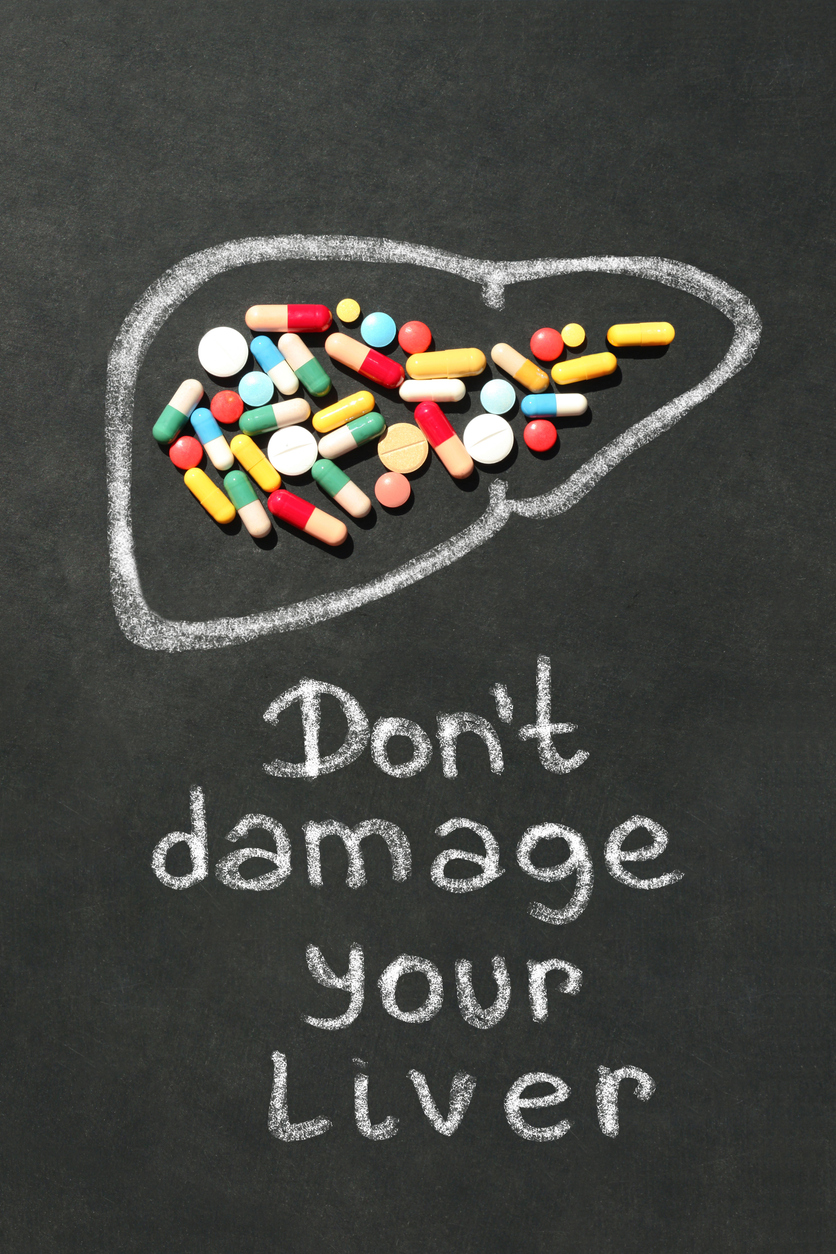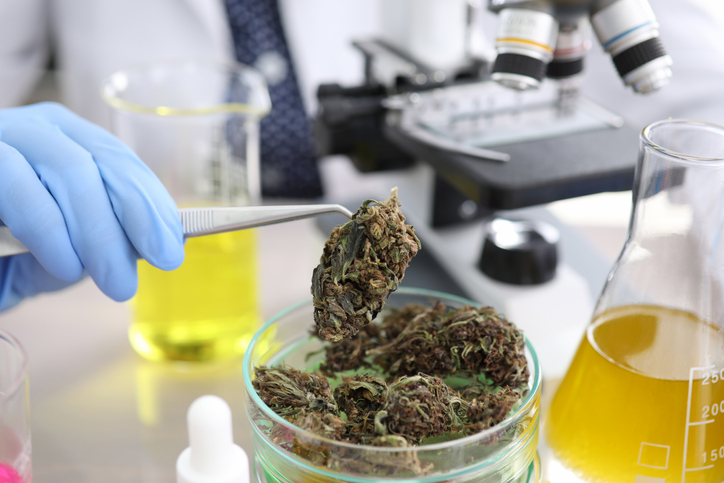Treatments
8 Tips for Reducing Medication Side Effects
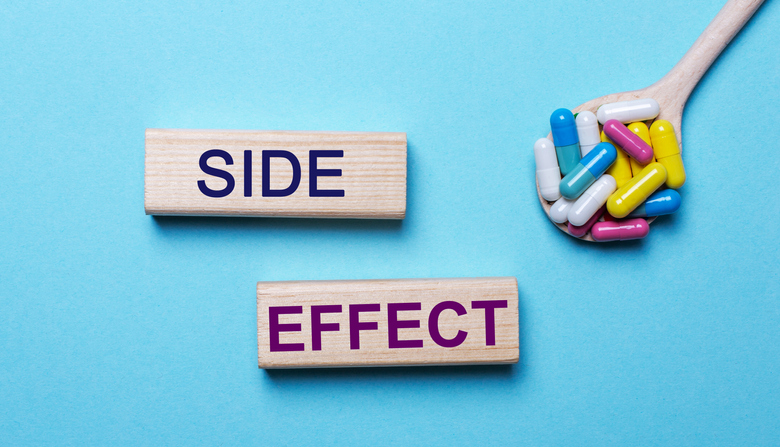
19 people found this helpful
Print
Share
Save
Medication side effects are a common occurrence, especially when first taking a medication or when increasing the dosage of a medication. However, there are several steps individuals can take to manage side effects.
Eight tips to help reduce or prevent side effects include the following:
- Talk to a doctor or pharmacist. A medical professional can provide specific tips for reducing side effects. They can also provide assistance if a medication dose needs to be adjusted or if a medication needs to be discontinued due to side effects.
- Wait it out. Some medication side effects lessen in severity or completely subside when the body becomes accustomed to the medication. Giving the body time to adjust can help.
- Consider changing the time of day when medication is taken. For example, if a medication causes fatigue or dizziness, taking it right before bedtime will reduce the impact of those side effects compared to taking it at the start of the day. On the other hand, if a medication causes difficulty sleeping, taking it first thing in the morning rather than the evening may help.
- Take certain medication with food or a full glass of milk or water. Taking certain medications with food or a full glass of milk or water may reduce stomach irritation. However, it’s important to avoid food or liquid if the medication label or a medical professional indicates that the medication should be taken on an empty stomach.
- Eat a healthy, well-balanced diet. Consuming plenty of vegetables, fruits, and whole grains can help prevent constipation that may occur with certain medications. Avoiding fatty or fried foods can reduce acid reflux. A healthy diet can also minimize or prevent medication-related weight gain.
- Eat foods high in Lactobacillus. If a medication causes diarrhea, incorporating yogurt, cottage cheese, or milk into the diet may help.
- Stay hydrated. Dehydration increases the risk of side effects from certain medications. Proper hydration can help reduce this risk. Drinking plenty of fluids can also help prevent constipation.
- Avoid alcohol. Alcohol negatively interacts with numerous medications and can worsen side effects, such as drowsiness, confusion, nausea, and respiratory depression.





